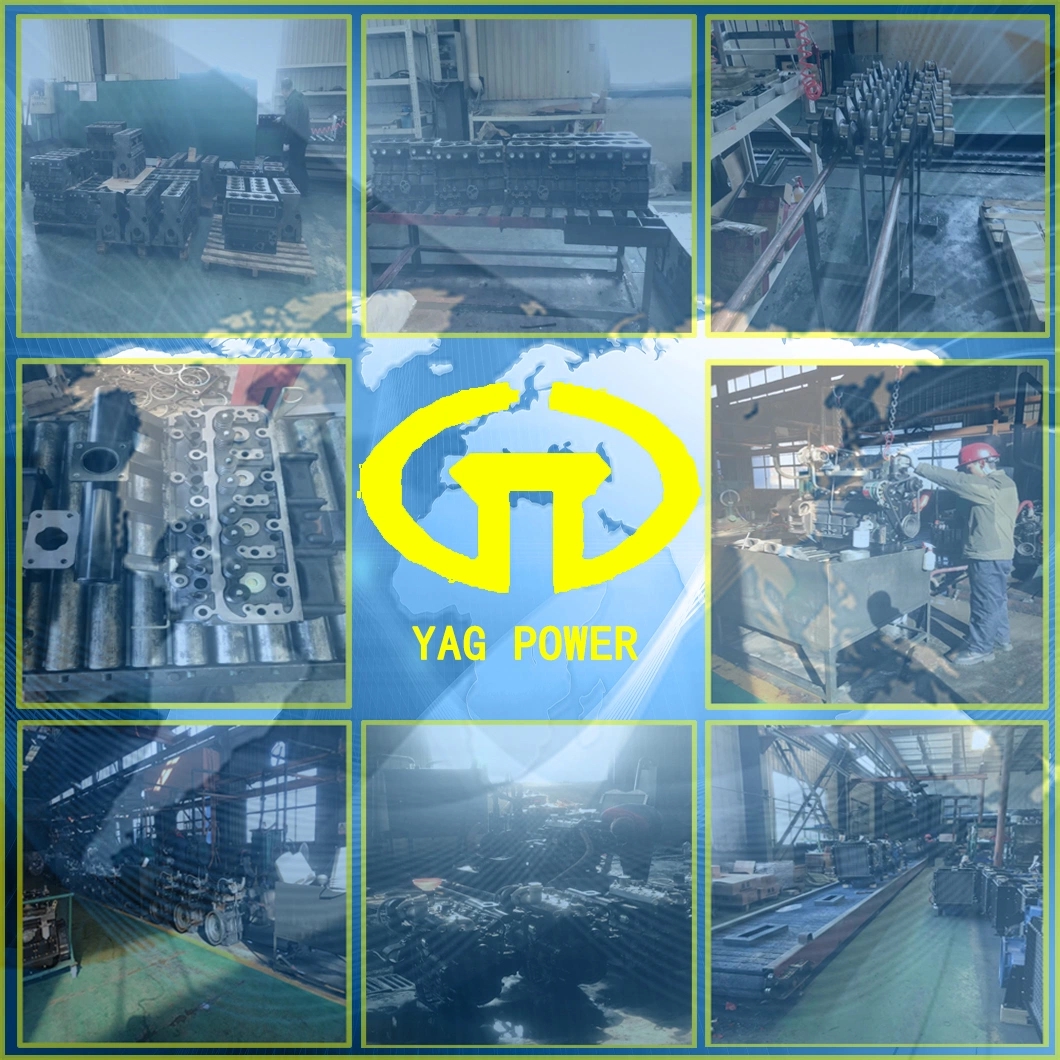Introduction
In today's world, where uninterrupted power supply is crucial for various industries and applications, diesel generators play a significant role in providing backup power during power outages. These generators have become essential equipment for ensuring continuity of operations in critical sectors such as hospitals, data centers, telecommunications, and manufacturing plants. To ensure the reliability and performance of diesel generators, quality assurance measures are essential. This article will explore the importance of quality assurance in diesel generators and how it contributes to their overall efficiency and reliability.
Understanding Diesel Generators
Diesel generators are a type of power generation equipment that uses diesel fuel to produce electricity. They consist of an engine that runs on diesel fuel and a generator that converts mechanical energy into electrical energy. Diesel generators are commonly used as backup power sources in situations where the primary power supply is unavailable or unreliable.
Diesel generators are known for their robustness, reliability, and efficiency, making them suitable for a wide range of applications. They are often preferred over other types of generators due to their durability and ability to provide continuous power for extended periods. However, like any other mechanical equipment, diesel generators require proper maintenance and quality assurance to ensure optimal performance and longevity.
Importance of Quality Assurance in Diesel Generators
Quality assurance in diesel generators is essential to ensure that the equipment meets the required standards of performance, reliability, and safety. By implementing quality assurance measures, manufacturers and operators can identify and address potential issues before they escalate into costly failures or downtime. Quality assurance also helps in improving the overall efficiency and longevity of diesel generators, thereby maximizing their return on investment.
Key Aspects of Quality Assurance in Diesel Generators
1. Design and Manufacturing Standards: Quality assurance in diesel generators begins with adherence to design and manufacturing standards. Manufacturers must follow industry best practices and regulatory requirements to ensure that the generators are built to meet the specified performance and safety standards. This includes using high-quality components, conducting thorough testing, and maintaining documentation of the design and manufacturing processes.
2. 300kw diesel generator for remote engineering projects : The quality of individual components used in diesel generators plays a critical role in determining the overall reliability and performance of the equipment. Components such as engines, alternators, fuel systems, and control systems must meet stringent quality standards to ensure that they can withstand the rigors of continuous operation. Regular inspections and testing of components are essential to identify any defects or issues that could affect the generator's performance.
3. Testing and Certification: Before being deployed in the field, diesel generators undergo rigorous testing and certification processes to validate their performance and reliability. Testing may include load testing, temperature testing, vibration testing, and other tests to simulate real-world operating conditions. Certification from regulatory bodies ensures that the generators meet all safety and performance requirements, giving operators confidence in their reliability.

4. Maintenance and Service: Regular maintenance and servicing are essential aspects of quality assurance in diesel generators. Proper maintenance practices, such as changing oil and filters, inspecting components, and conducting load tests, help prevent unexpected failures and prolong the generator's lifespan. Service technicians should be trained and certified to perform maintenance tasks correctly and efficiently.
5. Monitoring and Diagnostics: Implementing monitoring and diagnostic systems in diesel generators allows operators to track performance metrics and detect potential issues in real-time. Remote monitoring capabilities enable operators to identify problems early and take proactive measures to prevent downtime. Diagnostic tools such as vibration analysis, oil analysis, and thermal imaging help in diagnosing issues before they impact the generator's performance.
6. Compliance with Environmental Regulations: Diesel generators emit exhaust gases that contain pollutants harmful to the environment and human health. Compliance with environmental regulations, such as emissions standards and noise regulations, is an essential aspect of quality assurance in diesel generators. Operators must ensure that their generators meet all applicable environmental requirements to minimize their impact on the environment.
Benefits of Quality Assurance in Diesel Generators
1. Improved Reliability: Quality assurance measures help identify and address potential issues early, reducing the risk of unexpected failures and downtime. By ensuring that all components meet high-quality standards, operators can rely on diesel generators to provide uninterrupted power when needed.
2. Enhanced Performance: Well-maintained and quality-assured diesel generators operate more efficiently and deliver optimal performance. Regular monitoring, maintenance, and testing help identify opportunities for improvement and ensure that the generator operates at its peak capacity.
3. Cost Savings: Investing in quality assurance measures for diesel generators can result in long-term cost savings by reducing maintenance costs, minimizing downtime, and prolonging the generator's lifespan. Preventing costly failures through proactive maintenance and monitoring can significantly lower operational expenses.
4. Safety and Compliance: Quality assurance in diesel generators ensures that the equipment meets all safety standards and regulatory requirements. By adhering to best practices and conducting regular inspections, operators can create a safe working environment and avoid potential risks to personnel and property.
5. Customer Satisfaction: Providing reliable and high-performance diesel generators through quality assurance measures enhances customer satisfaction and builds trust in the brand. Customers value equipment that operates efficiently and reliably, leading to positive feedback and repeat business.
Conclusion
Quality assurance is a critical aspect of ensuring the reliability, performance, and safety of diesel generators. By implementing quality assurance measures throughout the design, manufacturing, testing, maintenance, and monitoring processes, operators can maximize the efficiency and longevity of their generators. Investing in quality assurance not only improves the overall reliability and performance of diesel generators but also results in cost savings, compliance with regulations, and enhanced customer satisfaction. In a world where uninterrupted power supply is essential for various industries, quality assurance plays a vital role in ensuring that diesel generators meet the highest standards of quality and performance.
